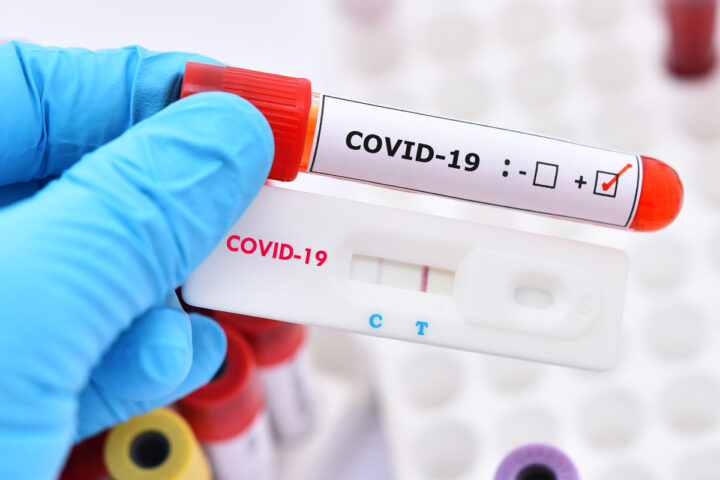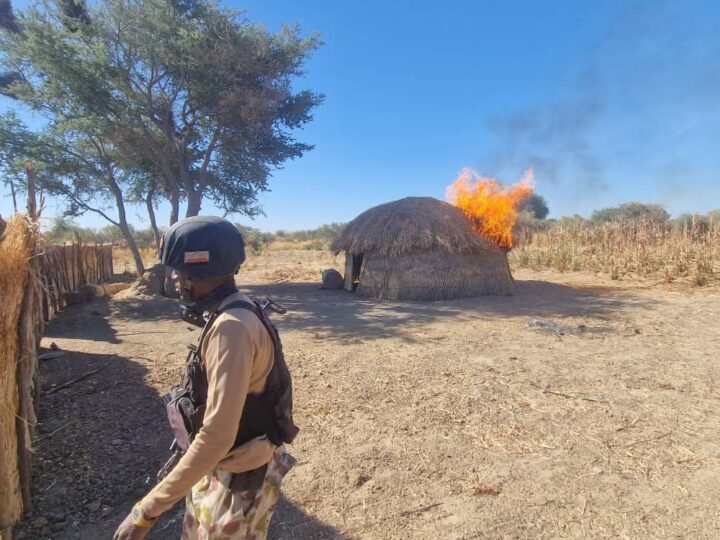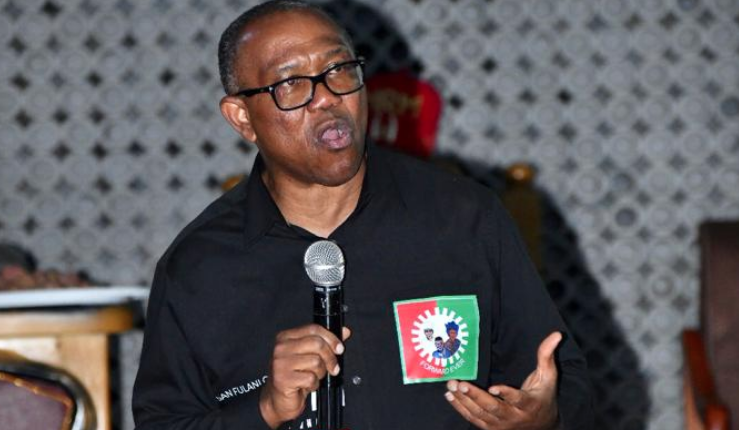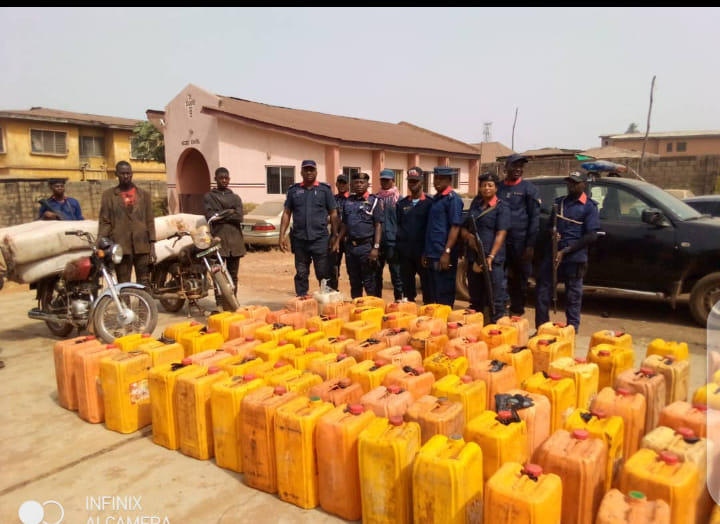On March 11, 2020, the World Health Organisation (WHO) declared the COVID-19 virus a pandemic. What started out as a few hundred cases spread like wildfire and reset the world to adopt a new normal. The reality of the virus painted a morbid picture of the apocalypse in movies.
No one imagined that a hug would be so deadly and that more time would be spent in the virtual world than the physical. Schools closed, businesses shut down, and people retreated to their homes. The world went silent and the only loud echo came from the gnash of hunger and the hope of the end of the virus. But it never came.
Three years later, according to the WHO, over 700 million confirmed cases of COVID-19, including at least 6 million deaths, have been recorded globally, and numbers are still counting.
The jarring statistics transcend beyond physical deaths. The virus sent shock waves through the world economy and triggered the largest global economic crisis in more than a century. The International Monetary Fund (IMF) projected the COVID-19 pandemic to cost the global economy $12.5 trillion.
Advertisement
Although Europe recorded the highest cases of casualties, Africa, despite being the least affected, bore the most burden. Prior to the pandemic, many households were already burdened with a high level of poverty and minimal access to health services. Data from the World Bank, for example, showed that more than 50 percent of households in emerging economies were not able to sustain basic consumption for more than three months in the event of income losses owing to the pandemic.
As the virus raged on, it became clear that many families especially in rural areas were not prepared to withstand an income shock of that scale and duration.
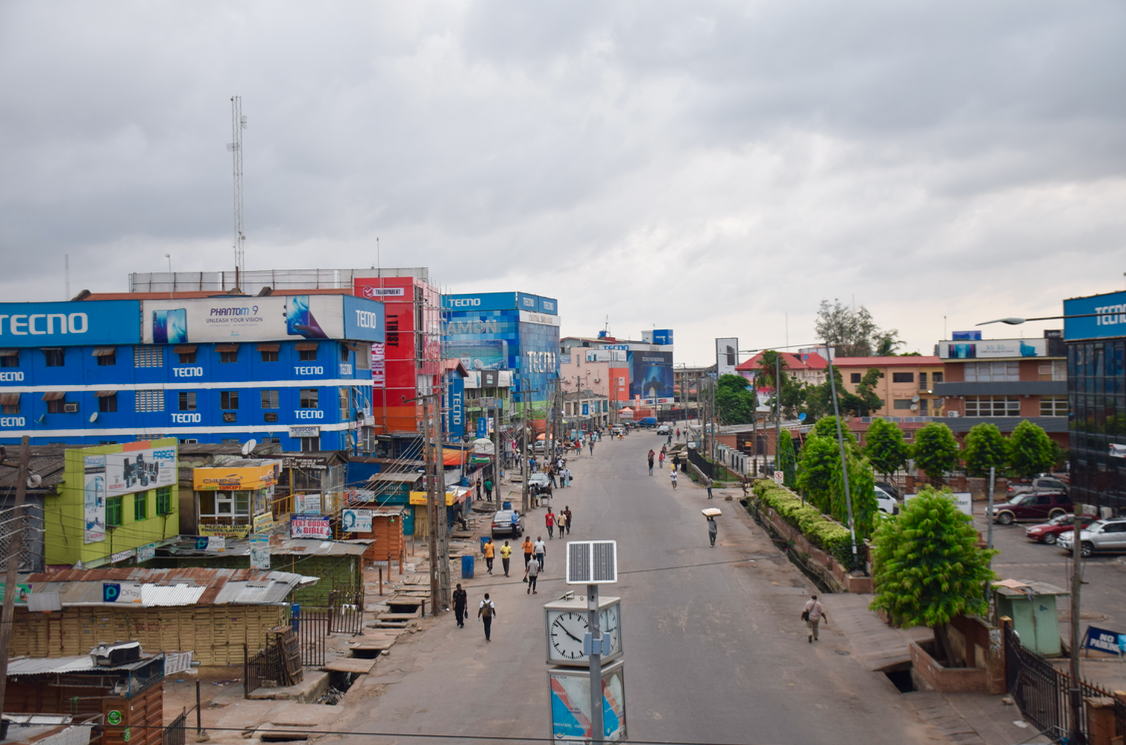
A report by Human Rights Watch, for example, showed how a five-week lockdown amid rising food prices and a prolonged economic downturn had a devastating impact on informal workers, slum dwellers, and other urban poor families in Lagos.
Advertisement
According to the report, the absence of a functioning social security system meant that government assistance, including cash transfers and food handouts, reached only a fraction of people going hungry.
The National Bureau of Statistics (NBS) also released findings showing how the pandemic shook the country.
A survey the agency did showed that 42% of respondents who were working before the outbreak reported how they lost their jobs as a result of the pandemic. The pandemic was most felt in the commerce, service, and agriculture sectors — all of which are sectors which many vulnerable Nigerians fall under.
KEY CASUALTIES FROM THE PANDEMIC IN NIGERIA
Advertisement
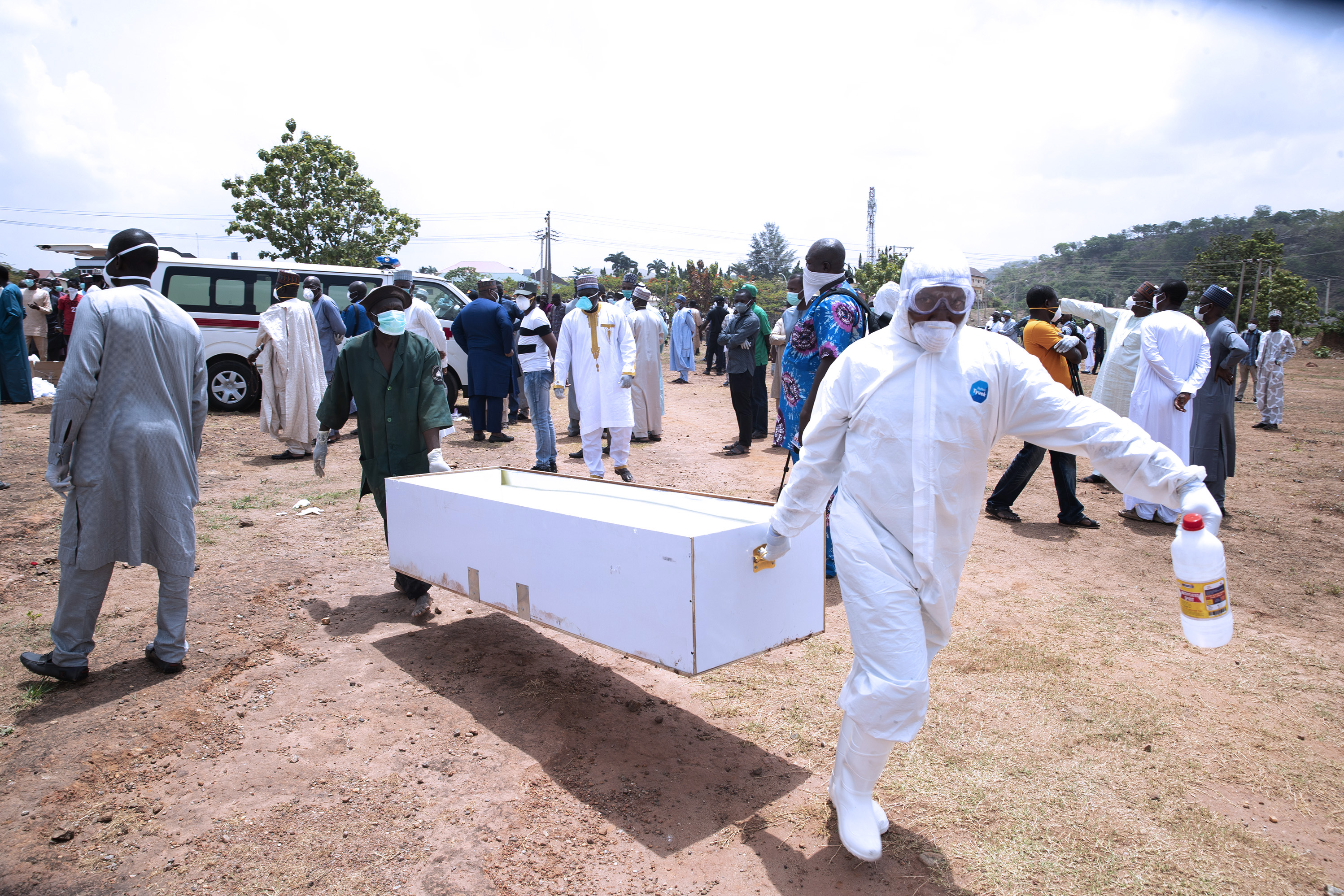
Nigeria was among the earlier countries in Sub-Saharan Africa to identify cases of COVID-19. According to the WHO, Nigeria is the worst-hit West African country with 266,598 confirmed cases of the virus and 3,155 deaths.
The virus had come at a time when many Nigerians were still grappling with understanding the disease, but that did not prevent the virus from claiming lives.
Soon after the country recorded its first COVID case from an Italian national, fatalities started to follow.
Suleiman Achimugu, the first victim, a former managing director of the Pipelines and Products Marketing Company (PPMC), died on March 23 after showing symptoms of the virus following his return to the country from the United Kingdom.
Advertisement
On April 17, Abba Kyari, former chief of staff to the president, died from the COVID virus. News of his death shook the country and was a wake-up call for many. His death proved that the virus was real and a killer.
Soon, Daniel ‘Dan’ Foster, a prominent Nigerian-American broadcaster, would also die from COVID complications.
Advertisement
On June 25, Abiola Ajimobi, former governor of Oyo, died from underlying health conditions after contracting the killer virus.
DOES THE VACCINATION PROGRESSION OFFER HOPE?
Advertisement
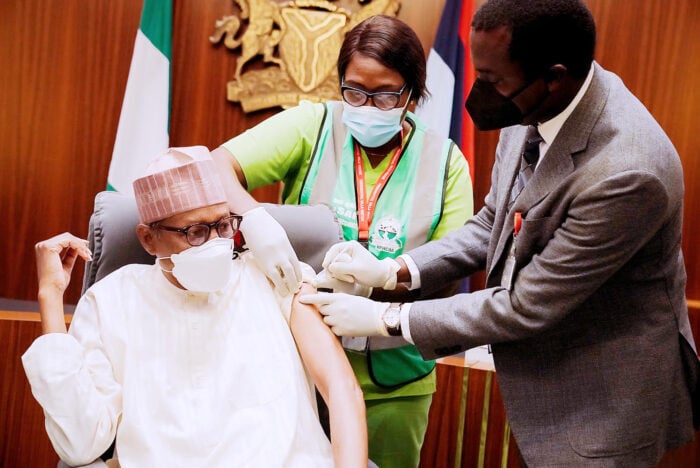
Although Tedros Ghebreyesus, the WHO director-general, has repeatedly lamented how developing countries have limited access to vaccines, COVID monitoring reports show a slow but gainful progression.
According to the WHO, a total of 13,229,166,046 vaccine doses have been administered across the world.
Advertisement
The figure may look small on a global scale but countries like Nigeria are proving that change is a concept that begins with a small step.
According to the Africa Centre for Disease Control (CDC), Nigeria is one of the four countries in Africa to have over 25 million people vaccinated.
In a country of over 200 million people, data from the WHO showed that a total of 111,985,403 vaccine doses have been administered in the country so far — roughly half the population.
The coverage proves that there is a wider acceptance of the vaccine than before and that things are fast returning to normalcy.
But even as more cases are recorded daily, one thing the pandemic has taught the world is resilience and patience — two things needed to fight the virus to the end and not lose.
Add a comment
